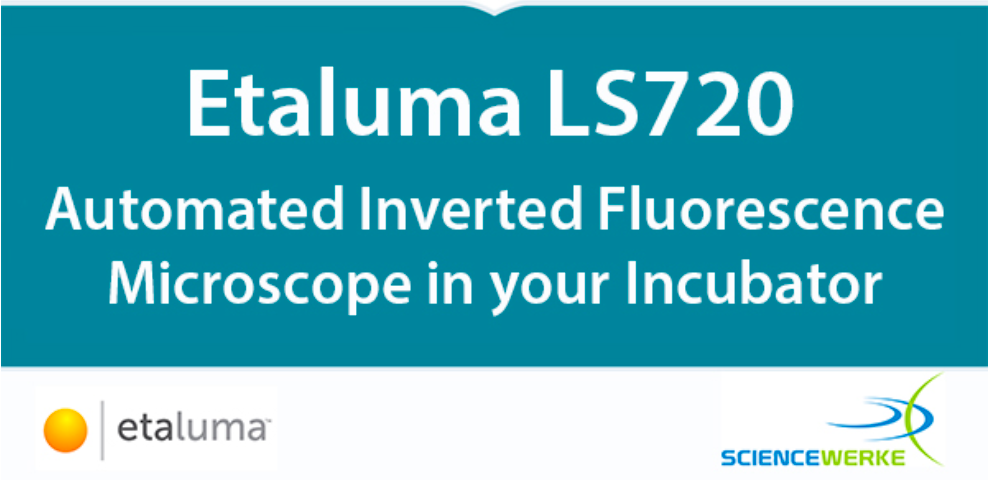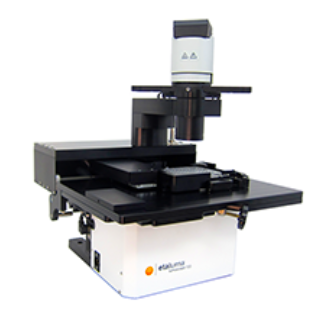Etaluma LS720 - Automated Inverted Fluorescence Microscope in Your Incubator

Date: Thursday, May 30, 2024
Time: 10.30am - 11.30am
(incl. Q&A session)
Venue: MD1-05-03K, MD1L5, Seminar Room, NUS
*Refreshments will be available after the talk.

Join us to learn how the LS720 can be utilized to accomplish your research goals!
In this talk, Grennady Wirjanata, PhD, Application Scientist from Sciencewerke Pte Ltd will be sharing an overview of the Lumascope LS720 and how this highly versatile and compact inverted fluorescence microscope can be used to accommodate high-quality imaging demands from various applications.
If you are interested to test your sample(s) using the Lumascope LS720, please indicate clearly in the Online Registration Form. We will contact you separately to follow-up. Simply scan the QR Code below or click this link to register!

Synopsis
Fluorescence microscopy has become an integral part of modern cell biology, enabling investigation of virtually any cellular process under the microscope. Traditional fluorescence microscopes are expensive, complicated, and loaded with features that are not required for these tasks.
The Etaluma LumaScope 720 (LS720) provides excellent fluorescence and brightfield capability in a small, portable, and easy to use microscope. It offers high performance 3-color fluorescence with additional phase contrast, exquisite automated XY motion control, motorized focus that allows autofocus and z-stacks, and easy-to-configure software to facilitate your microscopy experiments. Its walk-away automation features allow multi-position imaging over long periods for time-lapse and live video image collection.
Speaker

Grennady Wirjanata, PhD
Application Scientist, Sciencewerke Pte Ltd
Grennady completed his PhD at Charles Darwin University, Australia, followed by a postdoctoral fellowship at Nanyang Technological University, Singapore. A parasitologist by training, his research focused on antimalarial drug resistance mechanism and drug target discovery using a combination of phenotypic-based screening assays and multiple omics approaches, resulting in co-authorship in more than 30 peer-reviewed research articles in high-impact journals.